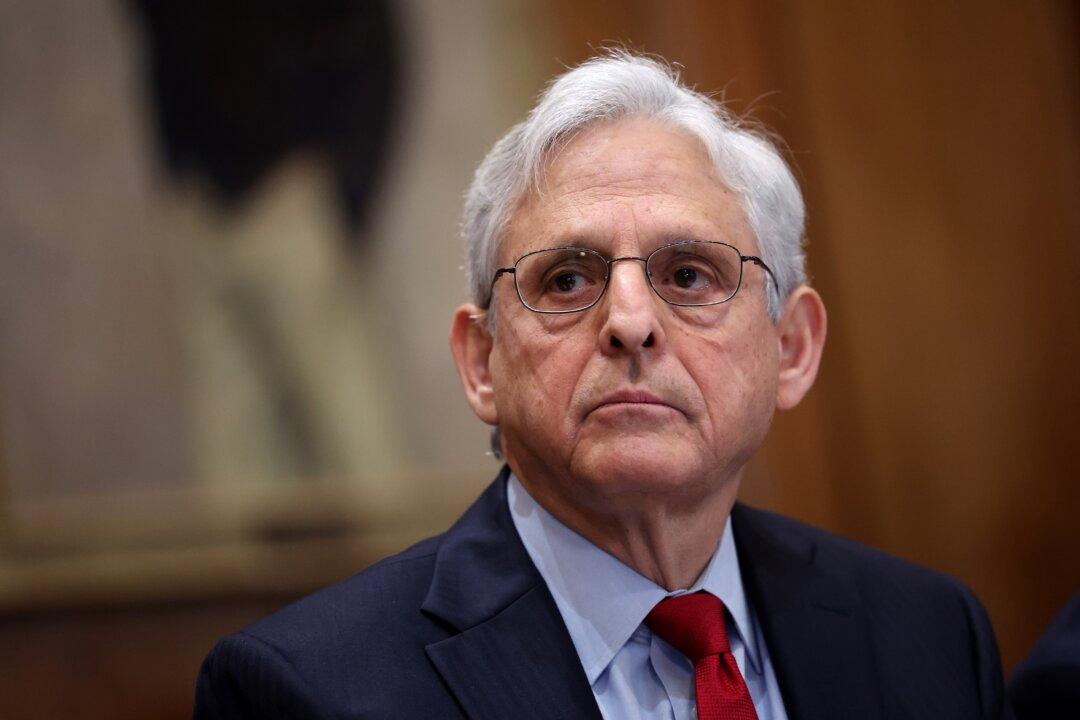Following an investigation prompted by the death of George Floyd, the Justice Department accused the Minneapolis police on Friday of a consistent pattern of violating constitutional rights, discrimination against minorities, and “excessive” and “unjustified deadly force” in policing.
The sweeping civil rights investigation was conducted over a span of two years by the U.S. Department of Justice Civil Rights Division and the U.S. Attorney’s Office District of Minnesota Civil Division.





